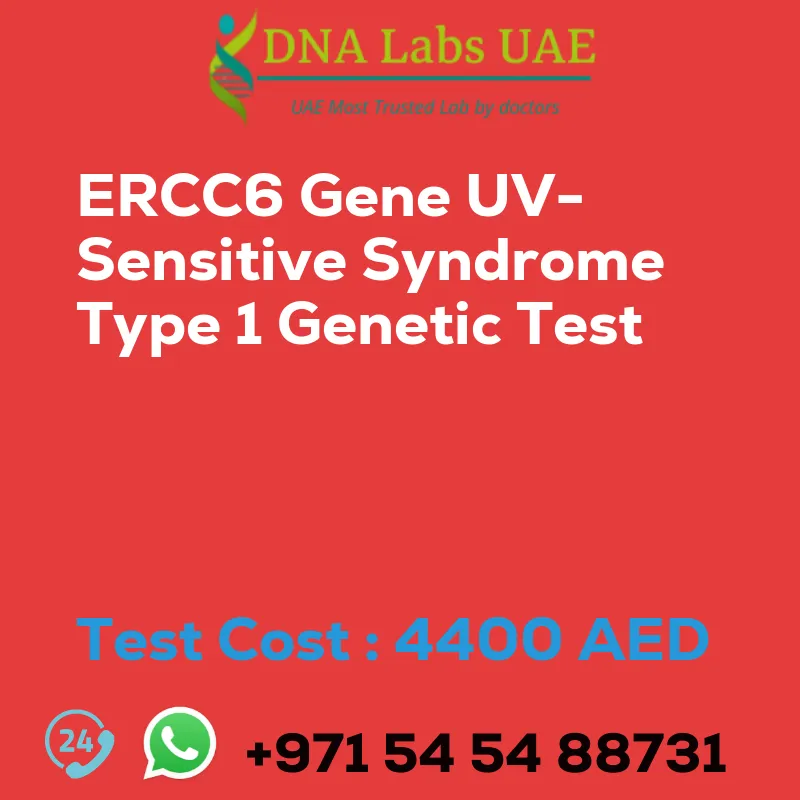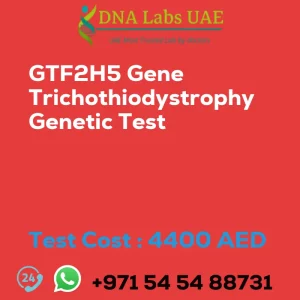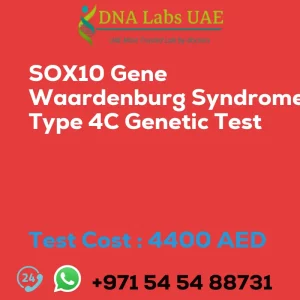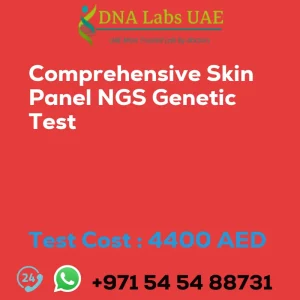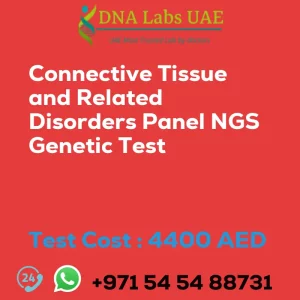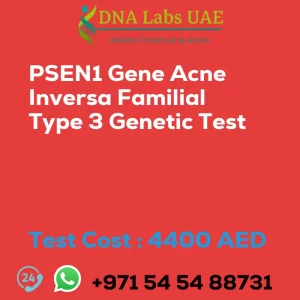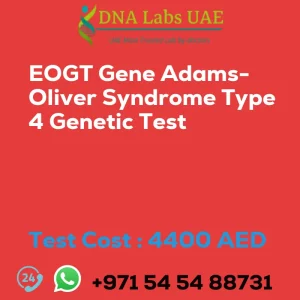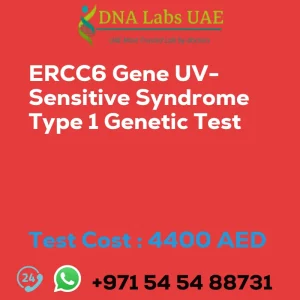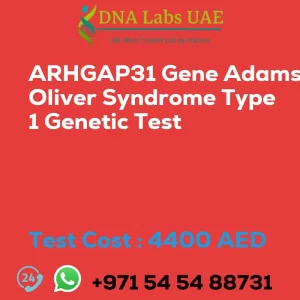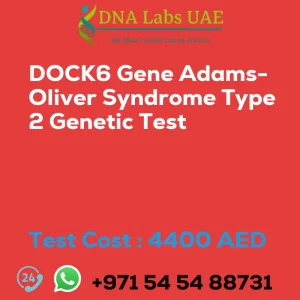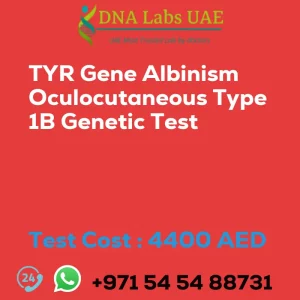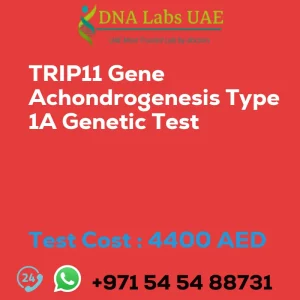ERCC6 Gene UV-sensitive syndrome type 1 Genetic Test
Components
- Test Name: ERCC6 Gene UV-sensitive syndrome type 1 Genetic Test
- Price: 4400.0 AED
- Sample Condition: Blood or Extracted DNA or One drop Blood on FTA Card
- Report Delivery: 3 to 4 Weeks
- Method: NGS Technology
- Test type: Osteology Dermatology Immunology Disorders
- Doctor: Dermatologist
- Test Department: Genetics
- Pre Test Information: Clinical History of Patient who is going for ERCC6 Gene UV-sensitive syndrome type 1 NGS Genetic DNA Test. A Genetic Counselling session to draw a pedigree chart of family members affected with ERCC6 Gene UV-sensitive syndrome type 1 NGS Genetic DNA Test gene ERCC6
Test Details
The ERCC6 gene is responsible for providing instructions for making a protein called DNA excision repair protein ERCC-6. This protein is involved in repairing damaged DNA, particularly in the process of nucleotide excision repair (NER). NER is a mechanism that fixes DNA damage caused by ultraviolet (UV) radiation and certain chemicals.
UV-sensitive syndrome type 1 (UVSS1) is a rare genetic disorder caused by mutations in the ERCC6 gene. Individuals with UVSS1 have increased sensitivity to UV radiation, leading to severe sunburns, blistering, and an increased risk of developing skin cancer. They may also experience neurological abnormalities, developmental delays, and intellectual disabilities.
NGS (Next-Generation Sequencing) genetic testing is a method used to analyze the DNA sequence of an individual’s genes. It can detect mutations or variations in the ERCC6 gene that may be responsible for UVSS1. This test involves sequencing the entire coding region of the gene to identify any changes or abnormalities.
NGS genetic testing for UVSS1 can help diagnose individuals with suspected UVSS1 based on their symptoms and family history. It can also be used for carrier testing in families with a known ERCC6 gene mutation to determine the risk of passing the condition to future generations.
It’s important to note that UVSS1 is a rare genetic disorder, and NGS testing for this specific condition may not be widely available. Genetic testing should be performed by healthcare professionals or genetic counselors who can interpret the results and provide appropriate counseling and support.
| Test Name | ERCC6 Gene UV-sensitive syndrome type 1 Genetic Test |
|---|---|
| Components | |
| Price | 4400.0 AED |
| Sample Condition | Blood or Extracted DNA or One drop Blood on FTA Card |
| Report Delivery | 3 to 4 Weeks |
| Method | NGS Technology |
| Test type | Osteology Dermatology Immunology Disorders |
| Doctor | Dermatologist |
| Test Department: | Genetics |
| Pre Test Information | Clinical History of Patient who is going for ERCC6 Gene UV-sensitive syndrome type 1 NGS Genetic DNA Test. A Genetic Counselling session to draw a pedigree chart of family members affected with ERCC6 Gene UV-sensitive syndrome type 1 NGS Genetic DNA Test gene ERCC6 |
| Test Details |
The ERCC6 gene is responsible for providing instructions for making a protein called DNA excision repair protein ERCC-6. This protein is involved in repairing damaged DNA, particularly in the process of nucleotide excision repair (NER). NER is a mechanism that fixes DNA damage caused by ultraviolet (UV) radiation and certain chemicals. UV-sensitive syndrome type 1 (UVSS1) is a rare genetic disorder caused by mutations in the ERCC6 gene. Individuals with UVSS1 have increased sensitivity to UV radiation, leading to severe sunburns, blistering, and an increased risk of developing skin cancer. They may also experience neurological abnormalities, developmental delays, and intellectual disabilities. NGS (Next-Generation Sequencing) genetic testing is a method used to analyze the DNA sequence of an individual’s genes. It can detect mutations or variations in the ERCC6 gene that may be responsible for UVSS1. This test involves sequencing the entire coding region of the gene to identify any changes or abnormalities. NGS genetic testing for UVSS1 can help diagnose individuals with suspected UVSS1 based on their symptoms and family history. It can also be used for carrier testing in families with a known ERCC6 gene mutation to determine the risk of passing the condition to future generations. It’s important to note that UVSS1 is a rare genetic disorder, and NGS testing for this specific condition may not be widely available. Genetic testing should be performed by healthcare professionals or genetic counselors who can interpret the results and provide appropriate counseling and support. |

